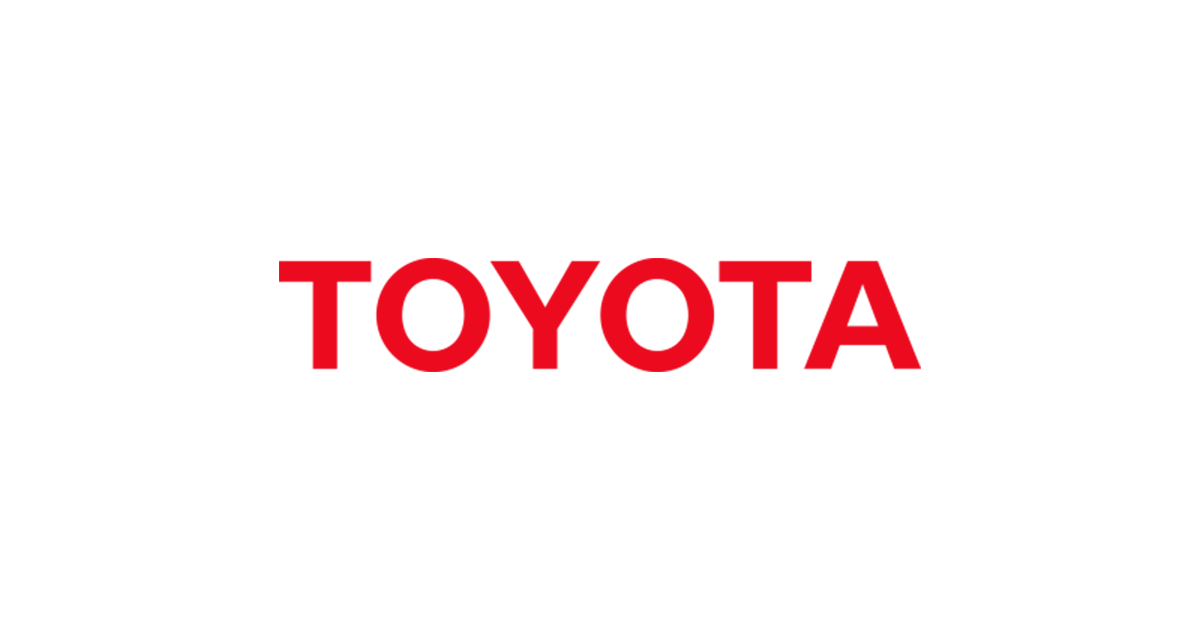Origin of the Toyota production system A production system refined over generations
Roots of the Toyota Production System
The Toyota Production System (TPS), which is based on the philosophy of completely eliminating all waste in pursuit of the most efficient methods, dates back to Sakichi Toyoda’s automatic loom. The TPS evolved over many years of trial and error to improve efficiency based on the Just-in-Time concept developed by Kiichiro Toyoda, the founder (and second president) of Toyota Motor Corporation.
Waste can manifest as excess inventory, unnecessary processing steps, and defective products, among others. All of these elements of “waste” intertwine to create more waste, which ultimately impacts the management of the business itself.
The automatic loom invented by Sakichi Toyoda not only automated work that was previously done manually, but also incorporated the ability to make judgments on the machine itself. By eliminating both defective products and associated wasteful practices, Sakichi has been able to rapidly improve productivity and work efficiency.
Kiichiro Toyoda, who inherited this philosophy, set out to realize his belief that “the ideal conditions for making things are created when machines, facilities and people work together to add value without generating waste”. He has designed methodologies and techniques to eliminate waste between operations, between lines and processes. The result was the Just-in-Time method.
Thanks to the “Everyday Improvements” and “Good Thinking, Good Products” philosophies, the TPS has become a world-renowned production system. Even today, all of Toyota’s production divisions are improving the TPS day and night to ensure its continued evolution.
The Toyota spirit of monozukuri (making things) is today called the “Toyota Way”. It has been adopted not only by companies in Japan and within the automotive industry, but also in production operations around the world, and continues to evolve globally.






More Stories
Floating Production System (FPS) Market will See Booming Opportunities for Growth and Development By 2030 | BUMI Armada Berhad, Daewoo Shipbuilding & Marine Engineering
Isotope Production System begins commercial production of
Didimo Announces $7.15M Funding to Expand 3D Avatar Production System